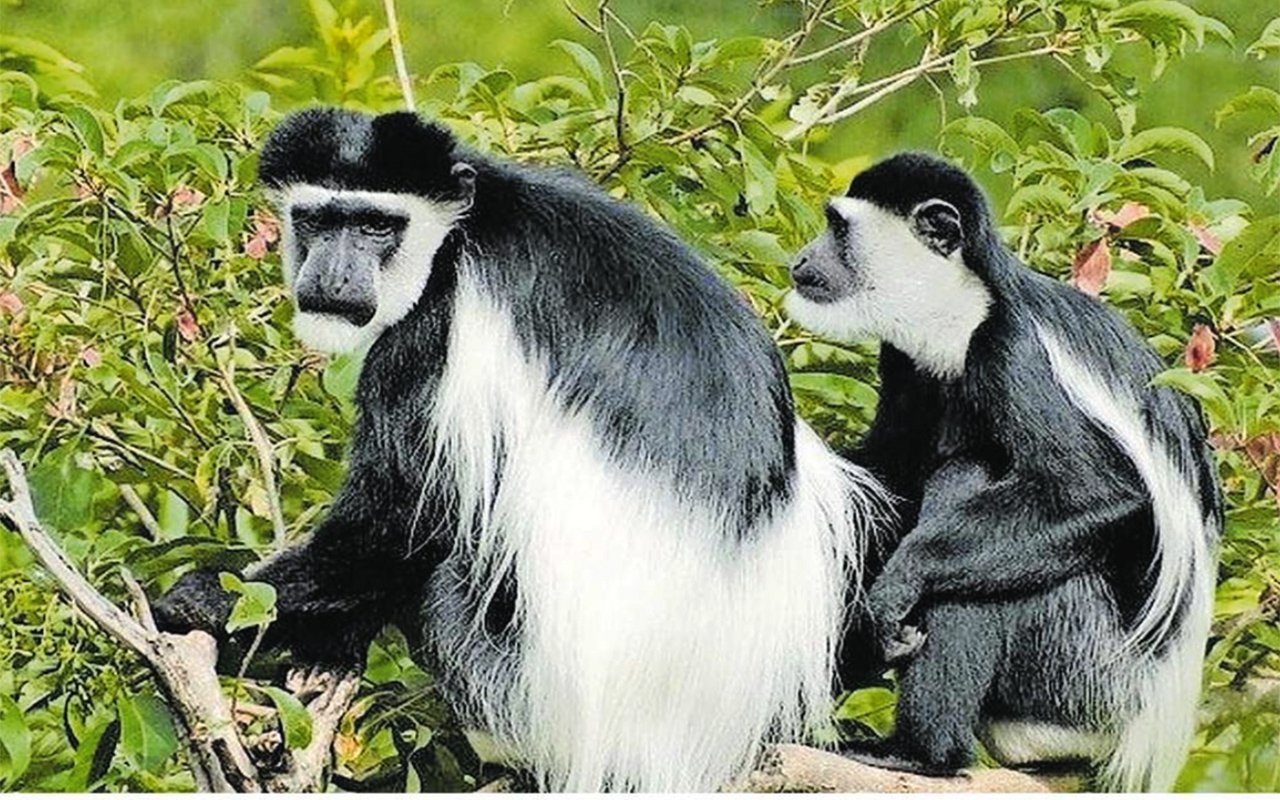Prime
Leaders disappointed by Gulu Parliament session

Speaker of Parliament Anita Among (left) and President Museveni during the opening the Northern Uganda regional sitting in Gulu City on August 29, 2024.
What you need to know:
- The Gulu plenary, among others, discussed the state of physical infrastructure in the northern region, recruitment in the local government, medical interns, the state and prospect of tourism, compulsory boarding facility in Karamoja, poverty alleviation, and the compensation of victims of war in the northern region.
Leaders in northern Uganda have said the just-concluded regional parliamentary sitting in Gulu City did not adequately address issues affecting the region.
The leaders said they expected the Parliament to come up with affirmative actions on some critical areas such as education, health, security, poverty, and post-war issues, which did not happen.
Parliament, between August 28 and 30, held its first regional sitting at the Kaunda Grounds in Gulu City chaired by Speaker Anita Among and her deputy Thomas Tayebwa.
On August 29, President Museveni graced the sitting and officially launched the regional Parliaments. More sittings are expected in other regions.
The Gulu plenary, among others, discussed the state of physical infrastructure in the northern region, recruitment in the local government, medical interns, the state and prospect of tourism, compulsory boarding facility in Karamoja, poverty alleviation, and the compensation of victims of war in the northern region.
Others include the motion to increase resource allocation to the northern region, the petition for reform and enhance the youth employment programme in northern Uganda, the Transitional Justice Bill and amendment of the Administration of Parliament Bill, which seeks to make the positions of the Leader of the Opposition in Parliament and Opposition Chief Whip electable.
The Parliament also honoured the President and the Uganda People’s Defence Forces (UPDF) for pacifying northern Uganda.
However, Mr Simon Kelemente Arop, the Amuru District Workers’ Councillor, who attended all the sittings, said: “Pertinent regional issues affecting the people of West Nile, Acholi, Lango, and Karamoja sub-regions were not given due attention. For those that were handled, we request that the resolutions be implemented."
Mr Lamex Akena, the Deputy Speaker of Gulu, observed that the district remains underdeveloped compared to other parts of the country yet there are no deliberate plans to develop it.
Mr James Nabinson Kidega, the Resident District Commissioner of Agago, which is grappling with recurrent attacks by Karamojong warriors, said the debate on compensating the people of northern Uganda for loss of property and lives was not conclusive.
"A working document should have been developed. You remember Norbert Mao [minister for Constitutional Affairs] saying it [war debt compensation] was just a will from the President, it should get out of being just a will. It should be the mandate of the government,” he said.
The demand for compensation from the government stemmed from a spate of insurgencies in the northern and eastern regions between 1987 and 2005, which resulted in the loss of lives, livestock, and properties.
The government, through the Attorney General, established a compensation rate of Shs1,050,000 per head of cattle lost. According to a report by the Government Assurance and Implementation Committee, there are 92,634 war debt claimants in northern and eastern Uganda. Of these, 33,664 are from the Teso sub-region, 42,024 from the Lango sub-region, and 16,946 from the Acholi sub-region.
“The amount of the animals that should be paid should have also been discussed. Also, the issue of the security situation in the northern region has not been debated well. The guns are silent, what is the issue now on the ground? I did not hear it coming very clearly,” Mr Kidega said.
However, a report by the committee, which is headed by Dr Abed Bwanika, highlighted several discrepancies and inconsistencies in the compensation process.
“Like the issue of street children, the Parliament needed to establish a remedy for it being a post-war issue,” it stated.
Mr Patrick Oola Lumumba, the mayor of Bardege-Layibi Division in Gulu City, said he is sad that the issue of a narrow road in his area that is claiming the lives of users was just mentioned.
The Lagony road, from Unifat Primary School to Customs Corner, measures five metres in width with a length of about two kilometres. It was constructed in 2017 by the Uganda National Roads Authority (Unra).
“Actually, we needed affirmative action on some of the most critical issues in education, as well as issues of employment of our youth, industrialising the regional cities, and creation of jobs,” he said.
Ms Betty Aol Ocan, the Gulu City Woman Member of Parliament, said they were unable to deliberate and find resolutions to key matters in the region including land matters and compensation for some government projects like the Gulu Logistics Hub.
Ms Prisca Aloyojok from Gulu City, however, said key issues like physical infrastructure, health and pension were tackled
“They discussed infrastructural development and Parliament resolved that more equipment for roadworks and maintenance will be given to the region,” she said.




